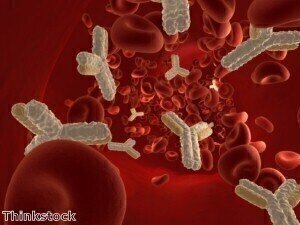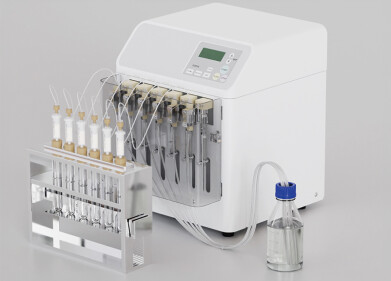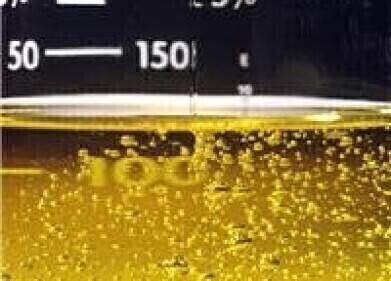Solid phase extraction (SPE)
New antibody found to deter tumour growth in advanced solid tumours
Nov 09 2012
Advanced solid tumour growth has been reduced by a newly developed antibody in the first phase of a clinical trial.
The signs are encouraging that this monoclonal antibody targets a signalling pathway that is regularly active and slows tumour growth down considerably, researchers reported at the 24th Symposium on Molecular Targets and Cancer Therapeutics in Dublin, Ireland.
Significantly, after 30 weeks of receiving treatment a patient with advanced malignant melanoma has shown signs of tumour shrinkage, without suffering any severe side-effects.
Extended therapy has also been given to other patients suffering from various cancers, such as kidney, biliary tract and non-small cell lung cancer, as well as mesothelioma with the diseases stabilising.
The compound is a monoclonal antibody called RG7212, which targets TWEAK, a soluble protein in the blood.
TWEAK sticks to the receptor Fn14 (fibroblast growth factor-inducible 14) on the cell casing and signals a flow of subsequent events, including the triggering of many cancer-promoting pathways.
Stopping TWEAK Fn14 signalling using the RG7212 antibody was employed to examine whether it would decrease the triggering of these pathways in the Phase 1 trial.
Preclinical results have shown that RG7212 does target and block the action of TWEAK and that it is highly effective in tumour cells with an higher amount of Fn.
"We expected that using RG7212 to block TWEAK signalling in patients whose tumours express Fn14 might prevent cancer cells from growing and proliferating," said Dr Ulrik Lassen, head of the oncology phase I unit at the Rigshospitalet, in Copenhagen, Denmark.
Cancers including pancreatic, breast, non-small cell lung cancer and malignant melanoma will usually see an over-expression of the receptor Fn14, which occurs in at least 30 per cent of solid tumours.
The researchers at the university also found that RG7212 has a high safety profile across different doses. They did not see any treatment related adverse side-effects or dose-limiting toxicities.
Further trials and studies will be taking place in light of the positive results evidenced in this trial.
Posted by Neil Clark
Events
Jan 20 2025 Amsterdam, Netherlands
Feb 03 2025 Dubai, UAE
Feb 05 2025 Guangzhou, China
Mar 01 2025 Boston, MA, USA
Mar 04 2025 Berlin, Germany













